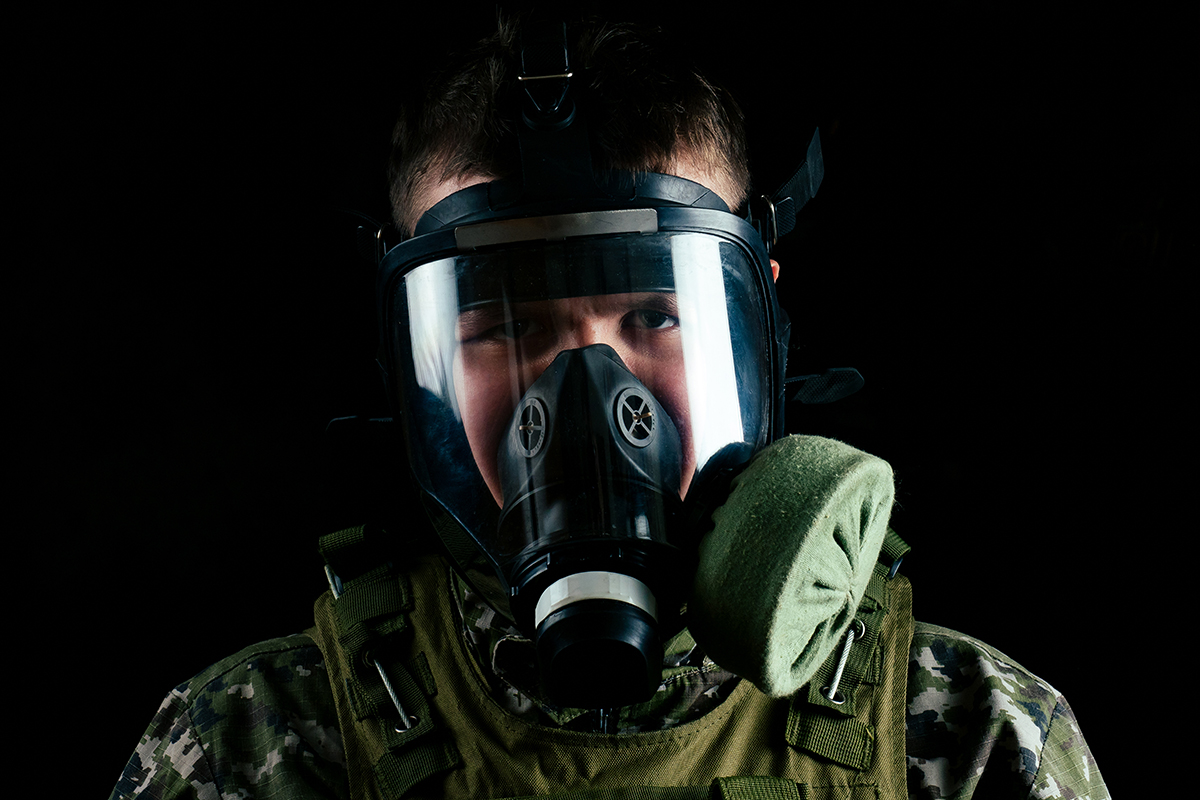France asserts it possesses concrete evidence linking the Syrian government to the chemical attack in Syria earlier this month, resulting in 89 casualties.
French Foreign Minister Jean-Marc Ayrault mentioned that substances from the assault on Khan Sheikhoun, a town under rebel control, corresponded to those from an earlier incident. He elaborated, “The way the Sarin was produced indicates methods synonymous with Syrian labs. This specific method carries the regime’s hallmark, and that’s how we deduced its culpability.”
By contrasting with previously collected samples from other chemical offences in Syria, French labs were able to make this determination.
The French Foreign Ministry communicated via Twitter, “The presence of Sarin is undeniable, as is the Syrian regime’s involvement.”
The global community, especially the West, predominantly pins the blame on the Syrian administration, which had supposedly relinquished its chemical arsenal in 2013 after the Ghouta incident near Damascus, which reportedly took 1,400 lives.
The Organization for the Prohibition of Chemical Weapons (OPCW) confirmed the use of Sarin or a similar agent in the Khan Sheikhoun incident, yet refrained from assigning blame. UK scientists had previously identified the presence of Sarin or an analogous substance after examining samples discreetly acquired from the location.
However, Syria repudiates any involvement in the Khan Sheikhoun episode, attributing it to “terrorist” factions and denying possessing any chemical armaments.
In contrast, Russian President Vladimir Putin insinuated the attack might be the handiwork of entities attempting to incriminate Bashar al-Assad’s regime. Moscow additionally raised doubts about the OPCW’s neutrality.
Dmitry Peskov, the Kremlin spokesperson, mentioned Russia’s stance remains unchanged even with France’s evaluation. He stated, “The Kremlin, including President Putin, are steadfast in their belief that only an unbiased global probe can reveal the truth.”
The French Foreign Ministry, after a publicized independent probe, resonated with the conclusions of the US, UK, Turkey, and OPCW. French investigators confirmed the Sarin’s presence after examining samples from the attack site and a victim’s blood. The same samples were juxtaposed with those from a 2013 Saraqeb attack. The consistency in the findings strengthens the allegation against the Syrian regime, especially given that, as per the French military, only they possessed helicopters involved in the 2013 attack.
The Ministry highlighted the air raids on Khan Sheikhoun from the regime’s Shayrat airbase. Minister Ayrault stated, “Only the regime possesses such aviation capabilities.”
The report expressed skepticism regarding the Syrian regime’s assurance of chemical weapons’ annihilation, suggesting discrepancies in their claims.
The incident in Syria spurred the US to conduct its inaugural assault on the Syrian government during the ongoing six-year conflict, intensifying US-Russia tensions.
Following the Khan Sheikhoun tragedy, there have been amplified calls globally for Assad’s removal. The incident is a grave chapter in a war that has claimed roughly 400,000 lives, based on UN statistics.
The intensifying evidence surrounding the chemical attacks in Syria underscores the complexities and perils of the ongoing conflict. As nations take definitive stances and present their findings, the world watches closely, yearning for a resolution. This incident serves as a stark reminder of the costs of war, the fragility of international relationships, and the dire need for peaceful dialogues in these turbulent times.







